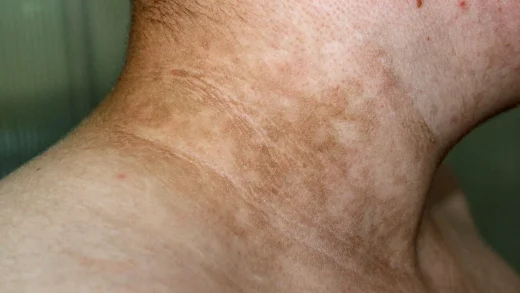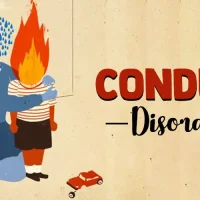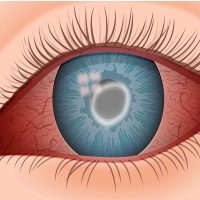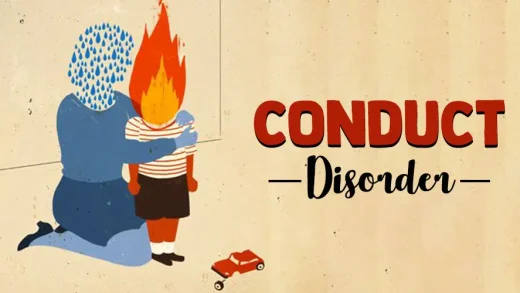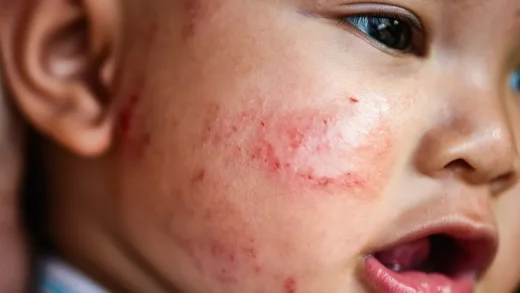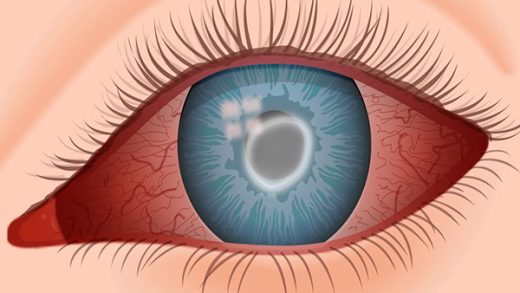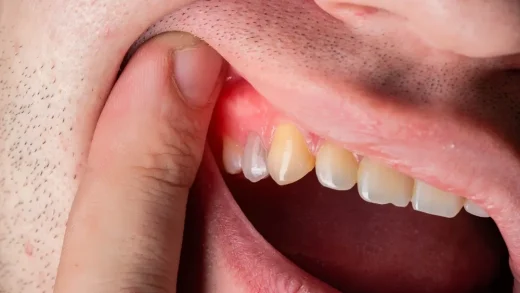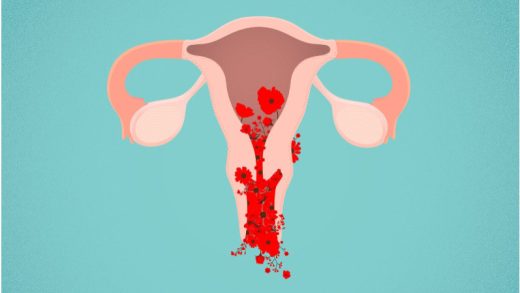What is bronchitis?
Bronchitis is inflammation of the larger airways in your lungs the inflammation causes you to cough.
Acute bronchitis is usually caused by a viral infection, such as cold viruses or influenza virus.
Chronic bronchitis is usually related to smoking.
Most people with acute bronchitis will feel better with time and rest. There are some treatments available that may help to help ease your cough and other symptoms.
If you think you have bronchitis, your doctor can assess you and discuss treatment.
What are the symptoms of bronchitis?
Someone with bronchitis will have a cough (either dry or bringing up phlegm). The cough may last for 2 to 3 weeks in people with acute bronchitis.
Other symptoms of bronchitis may include:
- wheezing
- feeling short of breath
- chest discomfort or pain (due to frequent coughing)
- a blocked or runny nose
- headache
- fever
- aches and pains
- feeling tired
What causes bronchitis?
Mostly, bronchitis is caused by viruses. These can be spread through the air when someone coughs.
You can also catch viruses if you touch a surface with virus on it (for example, a doorknob) and then touch your eyes, nose or mouth.
Sometimes bronchitis may be caused by a bacterial infection.
What can increase your risk of getting bronchitis?
People at higher risk of acute bronchitis include:
- older people
- young children
- those breathing in irritating chemicals
- smokers
- those with a lung condition, such as asthma
- those with poor immunity
- those who haven’t been vaccinated against influenza, pneumococcal disease or whooping cough
When should I see my doctor?
Most people with acute bronchitis will feel better with time and rest.
If you are very unwell or not getting better, or if you get worse, see your doctor. See your doctor if your cough lasts longer than 2 to 3 weeks.
How is bronchitis diagnosed?
Your doctor will ask about your symptoms and perform a physical examination. They will listen to your chest with a stethoscope to check your breathing sounds.
Your doctor may recommend tests, such as a nose and throat swab to find out the cause of your infection.
A chest x-ray is usually not necessary.
How is bronchitis treated?
Bronchitis is most often caused by a virus, so antibiotics won’t help. Antibiotics do not kill viruses.
The Australian Commission on Safety and Quality in Health Care has developed a guide which can be used with your doctor to help you decide whether to use antibiotics when you or your child has acute bronchitis.
You can help ease your cough and other symptoms with some self-care measures:
- Drink plenty of fluids.
- Get plenty of rest.
- Take simple pain relief medicines, such as paracetamol or ibuprofen (follow the directions on the label).
- Take a teaspoon of honey at night, either by itself or in warm water. This can help relieve a cough.
- Do NOT give honey to children under 12 months of age.
- Avoid cigarette smoke and other irritants.
Cough medicines are available, but they might or might not help you.
Can bronchitis be prevented?
To reduce the spread of viruses that can cause bronchitis, you should:
- wash your hands regularly
- cover your mouth when coughing or sneezing
- stay home while unwell
If you smoke, cut down or quit to reduce your risk of bronchitis.
What are the complications of bronchitis?
Getting vaccinated against influenza (the flu) and COVID-19 can reduce your risk of having severe illness or complications with these infections.
Pneumonia is a possible complication of bronchitis.

